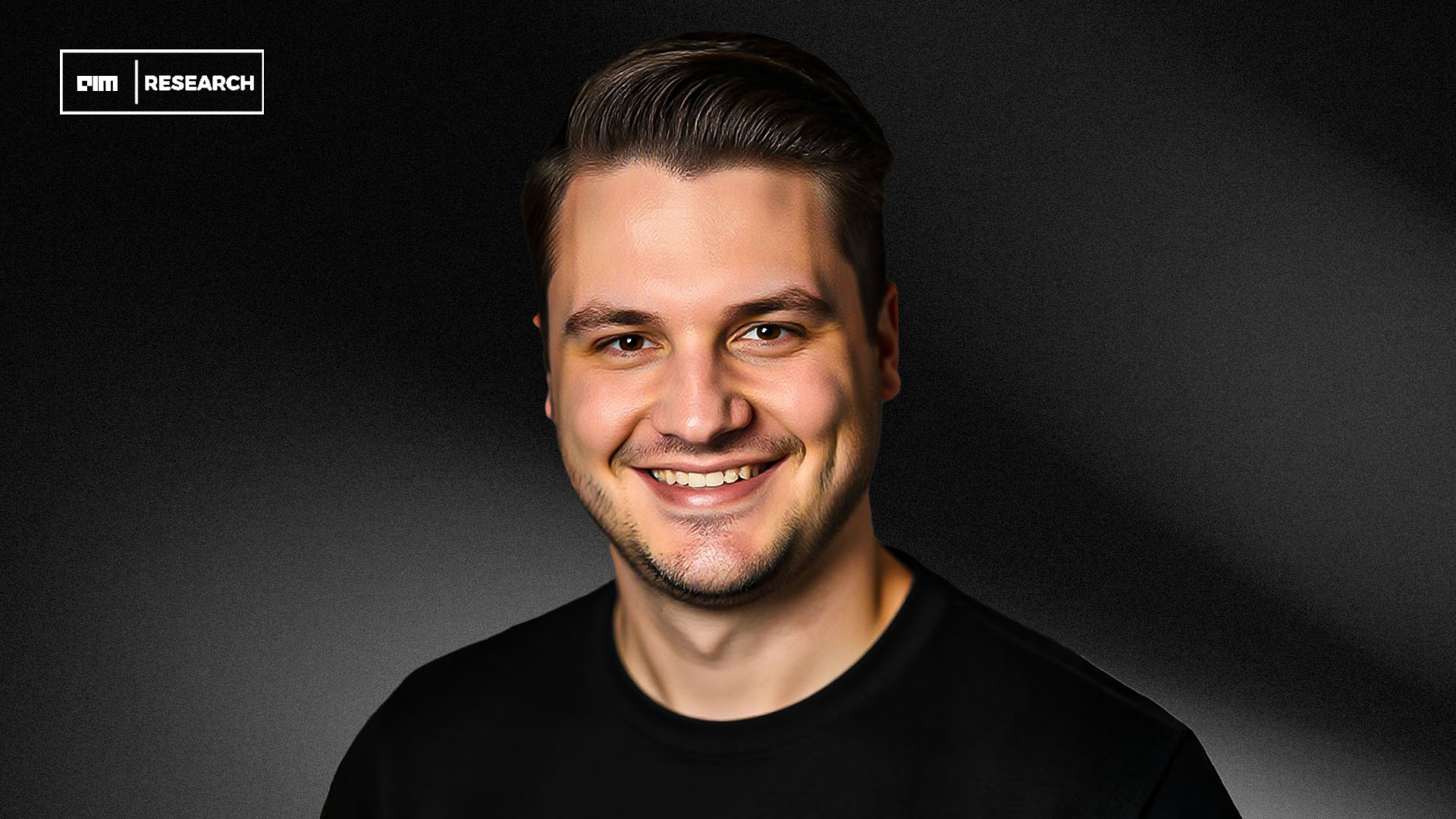

Matthew Prince has numbers to back up what many content creators are beginning to feel: the economics of the internet are tilting sharply in favor of AI platforms, often at the expense of the publishers who feed them.
A decade ago, Google would crawl two pages for every one visit it sent back to a content creator. That ratio has widened dramatically, Prince said in a recent CNBC interview, fifteen pages crawled for every single referral. For OpenAI, the number is far steeper: nearly 1,500 scrapes for one visit. And for some emerging players, it’s worse still.
“What’s changing is not that fewer people are searching the internet,” said Prince, co-founder and CEO of Cloudflare. “It’s that more and more of the answers to Google are being answered right on Google’s page.”
A decade ago, Google would crawl two pages for every one user it sent to a publisher. By late 2023, that ratio had grown to 6:1. Today, according to Cloudflare’s internal data, it’s 15:1. For OpenAI, the ratio recently surged to nearly 1,500:1. And Anthropic, according to Prince, scrapes at a staggering rate of 6,000 pages per referred user. If users never leave the search engine or worse, never leave an AI chatbot, content creators lose the opportunity to monetize their work altogether.
“If you’re making money through subscriptions, through advertising—any of the things that content creators are doing today, visitors aren’t going to be seeing those ads,” he said. “That means it’s going to be much, much harder for you to be a content creator.”.
Prince believes a new model is needed, one that recognizes the value of original content not just as public information, but as a critical input into AI systems.
“The fuel that runs these AI engines is original content,” he said. “So that content has to get created in order for these AI engines to work.”
Cloudflare, whose services sit behind more than 20% of the internet, is positioning itself to help publishers defend their content. In late 2024, the company launched a feature called AI Audit, which allows publishers to see exactly how often and by whom their sites are being scraped. The feature enables customers to block AI crawlers at the network level which is a more aggressive and enforceable strategy than relying on bots to respect robots.txt files.
“You can use services like Cloudflare—and this is what we’re working with the largest content creators to do—to say, ‘You can’t access my content if you’re an AI crawler unless you pay me for that content,” Prince explained.
So far, the feature is opt-in. But by mid-2025, Prince says it will become the default.
“Within the first half of 2025, all AI crawlers to the sites Cloudflare protects will become blocked by default, like malicious traffic,” he said.
Cloudflare already works with roughly 80% of the top AI startups, giving it a bird’s-eye view of the imbalance. The crawl-to-referral ratio for companies like Anthropic, he noted, can be as high as 6,000 to 1. While Anthropic doesn’t operate a traditional search function, it still scrapes large volumes of web data to train its models.
“For these new AI systems, the value of, ‘I’m going to take your data and then in exchange I’m going to send traffic back to your site’, that’s just going to break,” Prince said. “And so we have to invent some other model.”
Some companies, like OpenAI, have started making deals with publishers to license content for training and outputs. But Prince notes that if only one company pays, the model won’t scale.
“If you charge OpenAI, but you don’t charge Perplexity, at some point, OpenAI will say, ‘Well, that’s not fair,’” he said. “So what content creators have to do is restrict access to content, create that scarcity, and say, ‘You’re not going to get my content unless you’re actually paying me for creating that content.’”
The long-term goal, Prince suggests, is a functioning marketplace for original content—where creators can charge AI companies based on the value of their data, just like a licensing business.
“Once original content becomes scarce, the power then flips to the content creators, who can decide how much to charge AI companies for access to their goods,” he said. “It would be great if we got to a web that was back to: Humans get content for free, and bots pay a lot for that content.”
Prince isn’t calling for the end of AI or the start of another courtroom battle over copyright. Instead, he’s advocating for a technology-first approach, one that gives publishers real-time control over how their content is accessed and monetized.
And while the economics are clearly shifting, Prince sees potential for high-quality content to become even more valuable in the years ahead.
“Original content that is actually highly valuable is, I think, going to be more valuable in this future,” he said.
He offered a personal example. Prince, who spends part of the year in Park City, Utah, wants hyper-local, high-quality information, like whether the east or west side of a mountain has better snow conditions for skiing. That kind of content can’t be cheaply cobbled together by an AI trained on generic data. And if that content is locked behind a licensing deal with an AI provider, users like Prince will be willing to pay for the engine that has exclusive access.
“If I’m going to use an AI engine, I’m going to pay for the AI engine that actually has the exclusive access to that unique content,” he said.
Prince, notably, is also a media owner himself. In 2018, he purchased his hometown newspaper, the Park Record, and has since worked to convert it into a nonprofit. His motivations are personal but also deeply aligned with Cloudflare’s business. Without fresh content being created, there’s less for AI engines to learn from and ultimately, less internet traffic for Cloudflare to secure and accelerate.
“Maybe we can actually unlock a lot more really valuable content creation and re-enable a business model for journalists and academics and others to thrive and survive,” Prince said. “If we can be a little part of that, that would be pretty cool.”
📣 Want to advertise in AIM Research? Book here >
Cypher 2024
21-22 Nov 2024, Santa Clara Convention Center, CA
A Vendor Briefing is a research tool for our industry analysts, and an opportunity for a vendor to present its products, services and business strategies to analysts who cover the vendor specifically or a related technology or market.
AIM Research encourages technology vendors and agencies to brief our team for PeMa Quadrants, when introducing a new product, changing a business model, or forming a partnership, merger, or acquisition.


